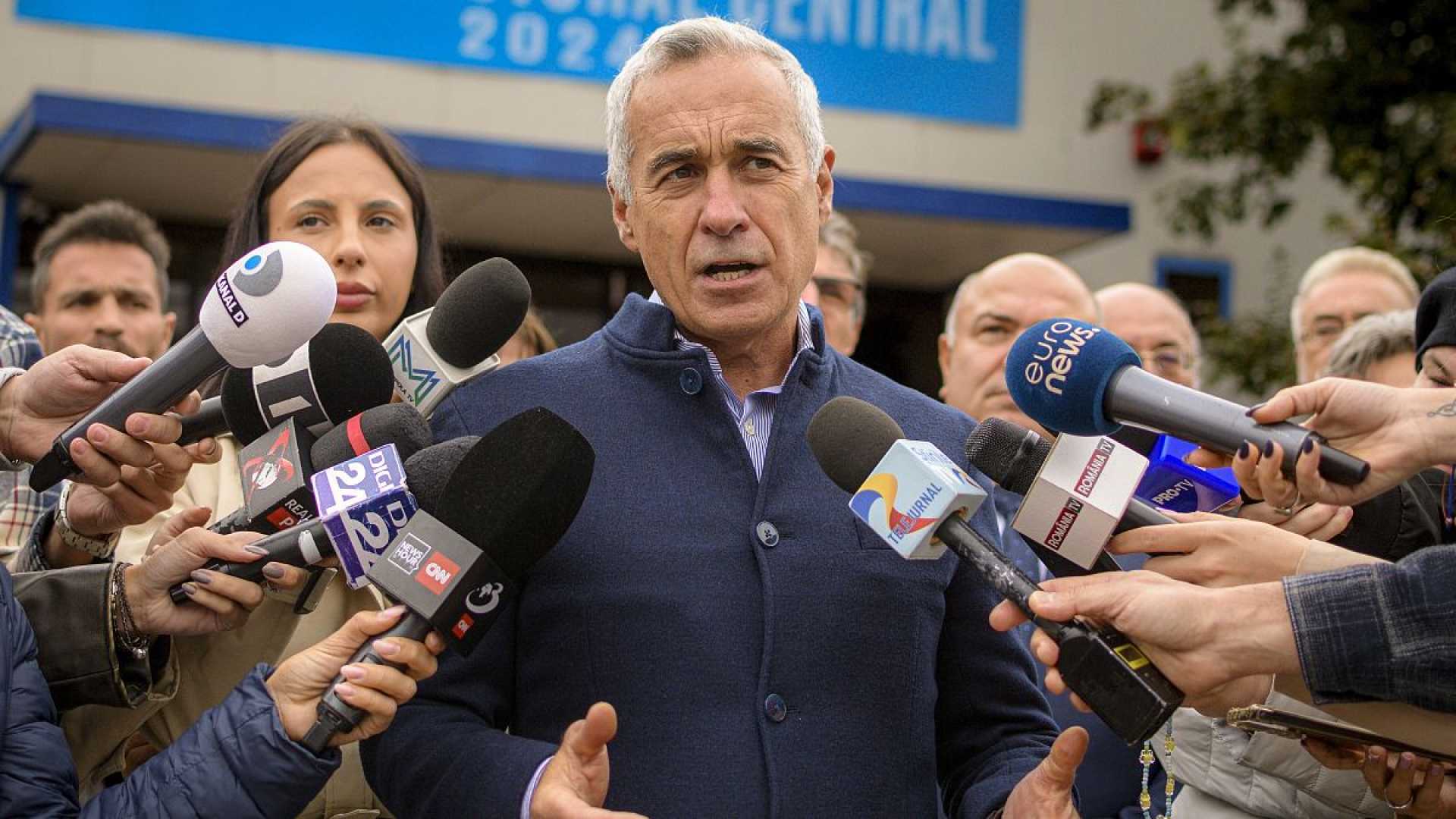News
Romania Presidential Elections 2024: Independent Calin Georgescu Leads in Shocking First Round Results

Romania’s presidential elections have taken a surprising turn after the first round held on Sunday, November 24. With approximately 80% of the votes counted and centralized, independent candidate Calin Georgescu is leading the pack, ahead of Social Democrat Prime Minister Marcel Ciolacu.
Calin Georgescu, a 63-year-old with a doctorate in pedology and a background in environmental conservation, has positioned himself as a strong nationalist candidate. His campaign, which was largely absent from mainstream media, gained significant traction on social media platforms such as Facebook and TikTok. According to the partial results, Georgescu has secured over 1.73 million votes, representing 22% of the 7.85 million ballots counted so far, while PM Ciolacu trails closely with 1.64 million votes (20.9%).
Reformist candidate Elena Lasconi of the USR party is in third place with 1.33 million votes (17% of the total), followed by far-right leader George Simion of the AUR party with 1.13 million votes (14.4%). Liberal leader Nicolae Ciuca and independent Mircea Geoana, the former NATO deputy secretary general, are fifth and sixth respectively.
The current results suggest that the second round of the elections will likely be between Georgescu and Ciolacu, although there are still almost 2 million ballots to be counted, primarily from Bucharest and larger cities, as well as from the diaspora. These remaining votes could potentially alter the standings, particularly benefiting Elena Lasconi who has shown strong support in Bucharest.
The unexpected surge of Georgescu has shocked the political establishment in Romania, as he was not predicted to be a contender for the second round by pre-election polls. The results also indicate a significant dissatisfaction among Romanian voters with the governing parties, PSD and PNL, whose candidates collectively garnered only about 30% of the votes.
The outcome of these elections could have implications for the upcoming parliamentary elections scheduled for December 1, Romania’s National Day, as Georgescu’s voters may influence the results in unexpected ways.












